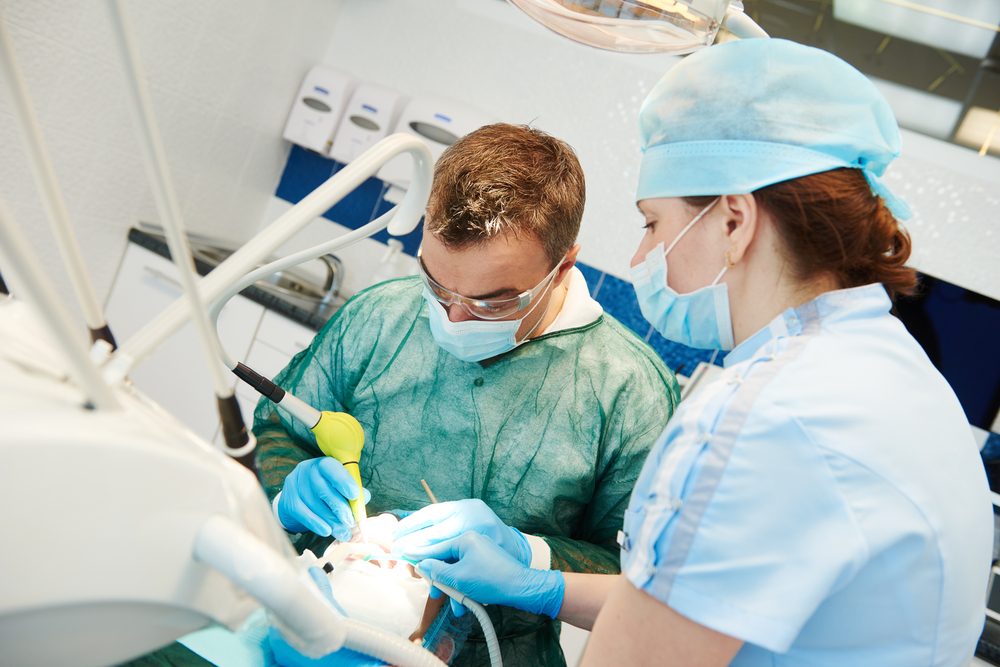Dental health is a vital aspect of our overall well-being, yet sometimes, circumstances arise that necessitate procedures beyond routine check-ups and cleanings. One such procedure that often strikes fear into the hearts of many is tooth extraction. Whether due to severe decay, trauma, or overcrowding, tooth extraction is sometimes unavoidable. However, understanding the process, preparing adequately, and knowing how to cope with potential challenges can make the experience more manageable.
Tooth extraction is a common dental procedure, with millions of teeth being removed each year. While it may sound daunting, advancements in dental technology and techniques have made the process smoother and more comfortable for patients. Moreover, tooth extraction is a precursor to dental implants, which can restore both the function and aesthetics of your smile.
One key aspect of surviving dental extractions is preparation. Before the procedure, it’s essential to have a thorough discussion with your dentist or oral surgeon. They will assess your dental health, explain the reasons for extraction, and discuss the options available for anesthesia and pain management. Being well-informed and mentally prepared can alleviate anxiety and help you approach the procedure with confidence.
During the extraction itself, it’s natural to feel some discomfort or pressure, but modern anesthesia ensures that the process is generally painless. However, it’s crucial to follow post-extraction care instructions diligently to promote healing and reduce the risk of complications. This may include avoiding certain foods, practicing good oral hygiene, and taking prescribed medications as directed.
In some cases, tooth extraction may be more complex, especially if it involves trauma or impacted teeth. Emergency work can be messy, both physically and emotionally, requiring swift action to address the issue effectively. Trauma-like extractions, such as those resulting from accidents or injuries, may involve additional considerations, such as addressing any associated injuries to the surrounding tissues or bone.
In such situations, it’s essential to seek prompt dental care to minimize the risk of infection and ensure optimal healing. Your dentist or oral surgeon will evaluate the extent of the trauma and recommend the most appropriate course of action, which may include extraction, repair of damaged tissues, or referral to specialists if necessary.
Coping with the aftermath of a traumatic extraction can be challenging, both physically and emotionally. It’s normal to experience swelling, discomfort, and difficulty eating or speaking in the days following the procedure. However, these symptoms typically subside with time and proper care.
In addition to physical discomfort, many patients may also experience emotional distress or anxiety, especially if the extraction was unexpected or resulted from a traumatic incident. Seeking support from loved ones, as well as mental health professionals if needed, can help you navigate these feelings and promote healing on all levels.
Despite the challenges that may accompany tooth extraction, it’s essential to remember that the ultimate goal is to preserve your oral health and well-being. In many cases, tooth extraction is a necessary step towards restoring your smile and overall dental function. Moreover, advancements in dental technology, such as dental implants, offer long-term solutions that can enhance both the appearance and functionality of your teeth.
Dental implants have revolutionized the field of restorative dentistry, providing a durable and natural-looking alternative to traditional tooth replacement options. Whether you’re missing a single tooth or multiple teeth, dental implants offer a permanent solution that can restore your confidence and quality of life.
However, it’s important to note that the success of dental implants depends on factors such as the health of your jawbone, overall oral hygiene, and lifestyle habits. Therefore, it’s crucial to work closely with your dentist or oral surgeon to ensure that you’re a suitable candidate for dental implant placement and to develop a personalized treatment plan that meets your needs.
In conclusion, surviving dental ordeals, including trauma-like extractions, requires preparation, patience, and perseverance. While the process may seem daunting, especially in emergency situations, knowing what to expect and how to care for yourself afterward can make all the difference. Remember that tooth extraction is often a necessary step towards restoring your dental health, and with proper care, you can emerge from the experience with a healthier, happier smile.

